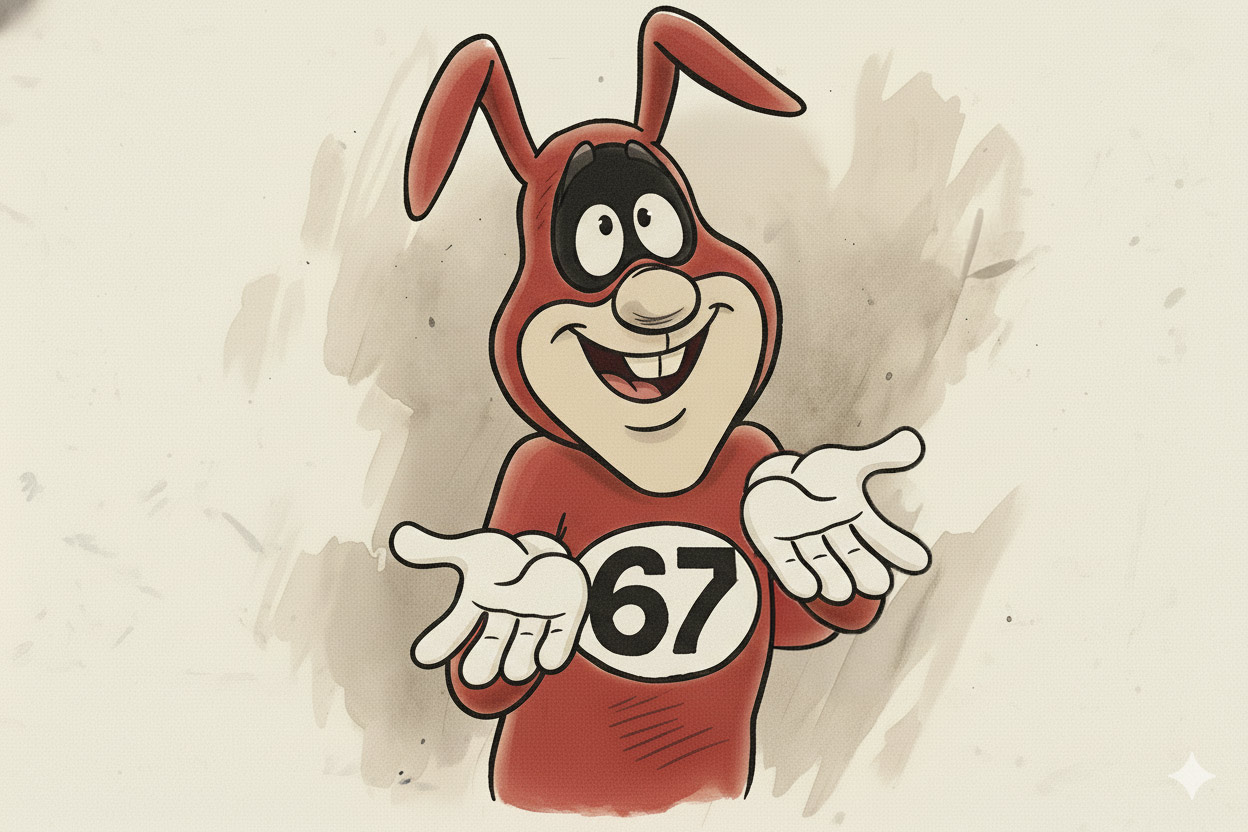
Domino’s Courts the iPad Kid Brainrot Generation


Welcome to Wednesday, futurists.
Over the years, Mariah Carey’s “It’s Time!” videos have become a meme of sorts… a celebratory way for us to mark the official arrival of the holiday season.
But the cultural meaning behind the meme is being tampered with, and it’s angering consumers. Carey’s latest “It’s Time!” video launch is now an ad centered around Sephora branding and must-have holiday products.
To some marketing execs, this is simply “operating at the speed of culture.” To the critics of the ad spot, it’s taking something that was theirs and turning it into a tool for capitalism.
But what’s the big deal?
As if the holiday weren’t already commercialized. The discourse over “holiday cups” at Starbucks—its colors and associated meanings—has been central to our “Commerce is Culture” thesis here at Future Commerce for nearly a decade. The “war on Christmas” isn’t purely ideological; it’s expressed through what we buy and how we expect corporations to represent our identities, values, and belief systems.
In 2015, when Starbucks removed holiday iconography from its signature red cups, it sparked a flurry of online criticism and denunciation from right-wing and conservative action groups who claimed a “war on Christmas,” as if Santa and reindeer were the reason for the season. In 2016, the brand took a hard left with green cups, and in 2017, they introduced their holiday cups with a video featuring a diverse cast, including a lesbian couple holding hands and a Starbucks cup, and a trans-identifying person.
If we should critique anything about the ad, it’s that Mariah uses themes of organized labor and accuses the working class of theft to advance her commercialist platform.
Frankly, we should be impressed that Mariah took so long to commercialize the eyeballs that her annual video brings: in 2023, the video racked up 21M views on YouTube alone. That kind of attention is a marketplace waiting to be monetized.
As Future Commerce friend Michael Miraflor says, monetize the memes.
— Phillip


Make it Stop. First, it was the Dictionary. Now it’s the Domino’s. The world’s largest pizza chain is taking the world’s dumbest meme and translating it into (literal) cultural value. Starting now, you can get a large one-topping pizza for $6.70 with the code 67.
We hate it here.
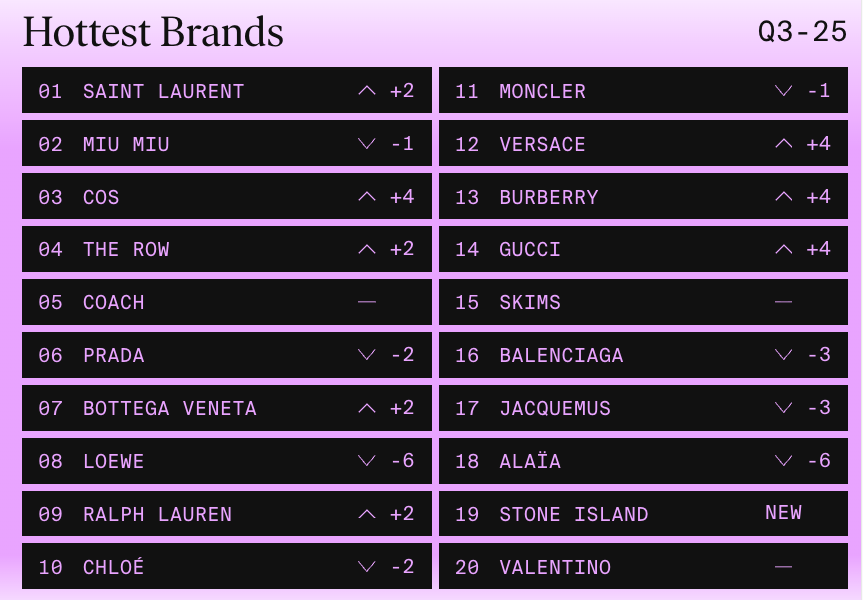
The Luxury ‘It’ List. Lyst has released its hottest brands and products for Q3, and they paint a clear picture that consumers are gravitating toward those with a clear POV. The notable shifts: Loewe fell six slots to number 8, a clear domino effect from Jonathan Anderson’s departure from the brand. Additionally, Versace, Burberry, and Gucci climbed the list four slots each, indicating their return to brand heritage and authentic storytelling is paying off.


The Wicked Collabosphere Groweth. We’ve really outdone ourselves in tracking and analyzing the Wicked collab ecosystem. The last few days alone have brought in two new entrants: Dunkin’ and Cambridge Satchel.
Dunkin’ is offering a drink duo, one for each of the film’s witchy stars, a green matcha and pink refresher, plus branded munchkins to make it a full meal. Meanwhile, Cambridge Satchel has unveiled a full capsule collection designed to “capture the spirit, power, and playfulness” of Glinda and Elphaba, including handbags, keychains, and stickers.

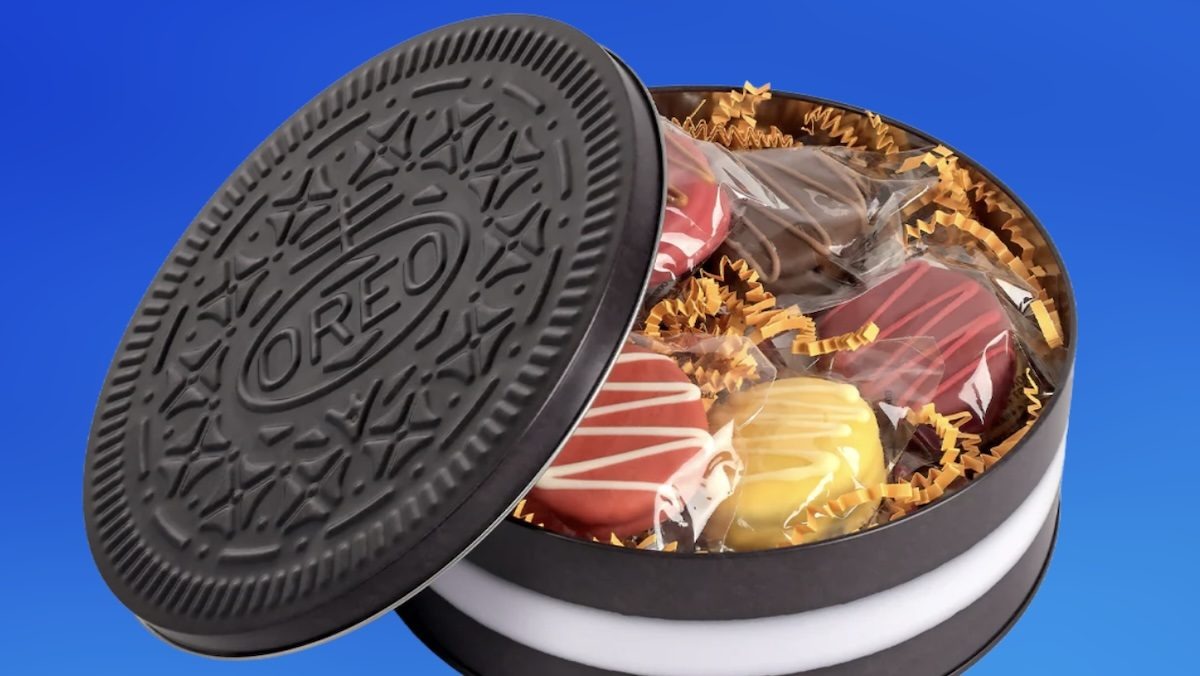
Double Stuf(ing) Oreos. The makers of the legendary chocolate-cookies-and-cream sandwich are giving us something we don’t even want: a Thanksgiving Dinner Cookie Tin that’s inspired by a holiday feast. Each tin will hold a 12-pack of Oreos, offering flavors ranging from pumpkin pie (sounds good) to creamed corn (ummm….?), and turkey and stuffing (for the love of God, why?). You’re likely already seeing your Instagram and TikTok feeds getting overtaken by mukbang accounts and foodie bloggers sharing their personal taste tests of this monstrosity. That means OREO is getting exactly what it wants: media hits, social shares, and algorithmic amplification driven by pure consumer rage.
🎧 We explored how brands exploit outrage through product drops and ad campaigns on the pod (American Eagle, anyone?). Listen to the episode here and get ready to scream into your pillow.
Friends in Finance. Homecourt, the home and personal fragrance company from Courtney Cox, has received a capital injection from Cult Capital to support its next phase of growth. With the $8M funding round, Homecourt will focus on growing its team (which currently has fewer than five full-time employees) and building its infrastructure. However, the top priority is building brand awareness. Despite being a celeb-backed brand, Homecourt has spent the last three years taking a slow and steady approach to expansion, entering more than 300 retail outlets, including Nordstrom, Revolve, and Amazon.
Cox isn’t the only Friend to break into the brand-building game. The Rachel to Cox’s Monica, Jennifer Aniston, has made a splash with her haircare brand LolaVie, which is already available at big-name retailers like Ulta and Target.
🪐 Is the celeb brand universe too big and scary for you to navigate? Well, we can help. We broke down a hefty (and growing) list of celeb-backed brands we’ve been keeping an eye on, for better or worse. Get the rundown here.

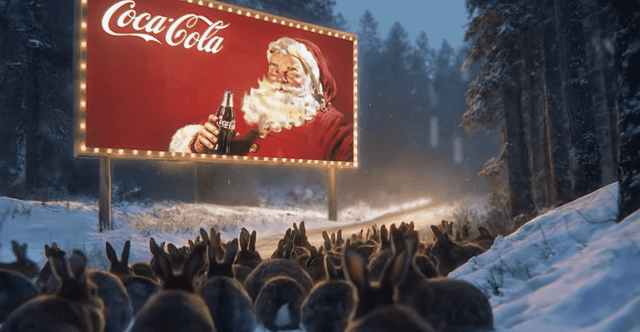
HolidAI Magic. Coca-Cola has doubled down on its AI strategy with a new global holiday campaign. “Refresh Your Holidays” is anchored by three films, two of which are AI-driven reimaginations of the 1995 spot, “The Holidays are Coming.”
Coca-Cola partnered with studios Secret Level and Silverside AI on the ads, and while the company noted that they pushed “the boundaries of technical precision, cinematic storytelling, and production quality,” some audiences beg to differ. Some are calling it “peak soulless capitalism,” while others simply deem it a “sloppy eyesore.”
🧠 We recently pondered how brands’ eagerness to promote their AI use is driving consumer discourse around creative integrity in our LinkedIn Newsletter, Things We’re Overthinking. Specifically, we analyzed CJ Hendry’s new bag charm product launch and whether her transparency into the creative process (which included ChatGPT at every step) will ultimately impact customer sentiment and loyalty. You can read the issue here.
Bot Therapy is Still in Session. Despite social posts indicating that OpenAI has banned ChatGPT from giving medical or legal advice, The Verge has reported the contrary. OpenAI’s head of health AI wrote on X that these claims are “not true” and that while ChatGPT “has never been a substitute for professional advice…it will continue to be a great resource to help people understand legal and health information.”








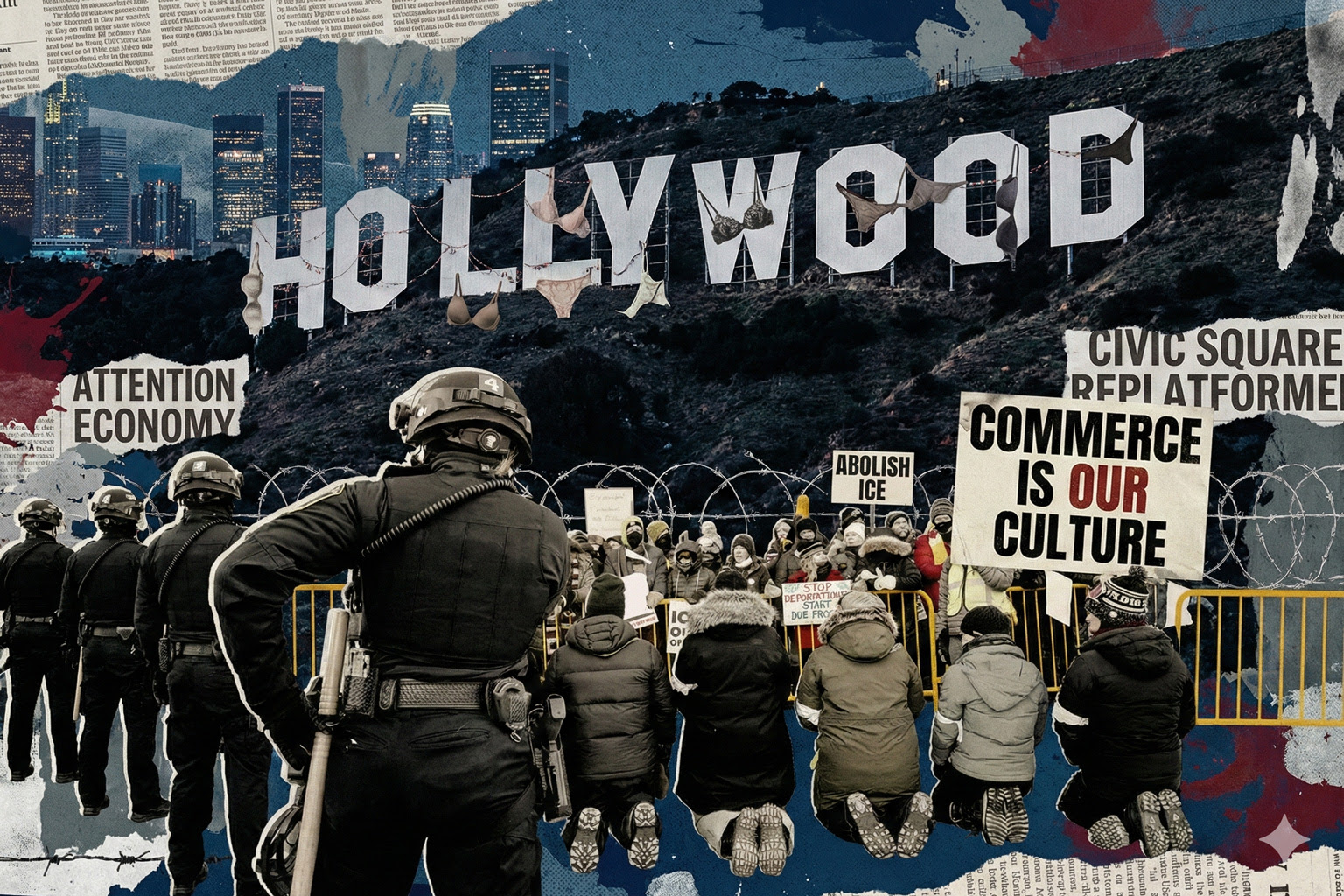
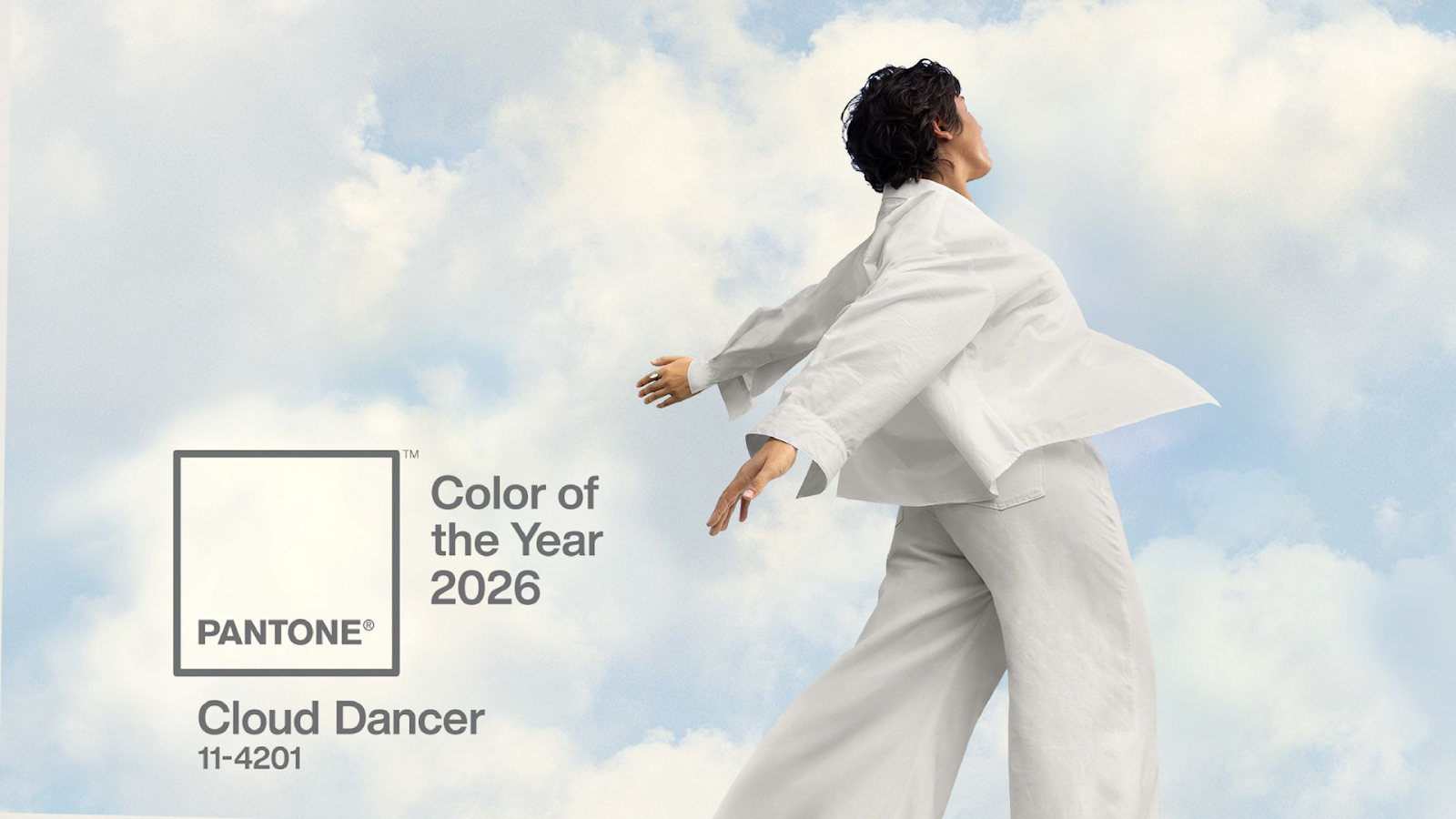
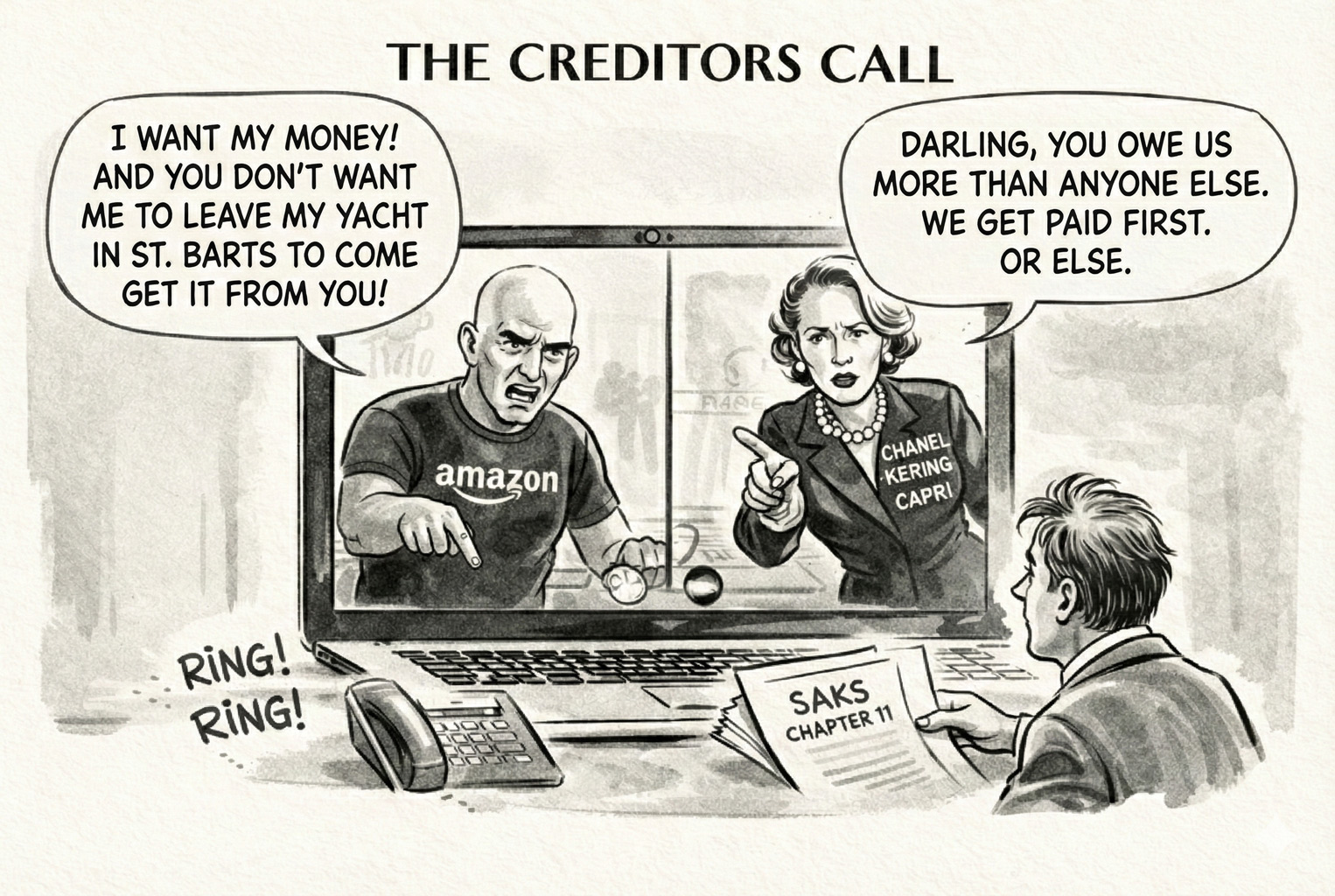
.svg)
